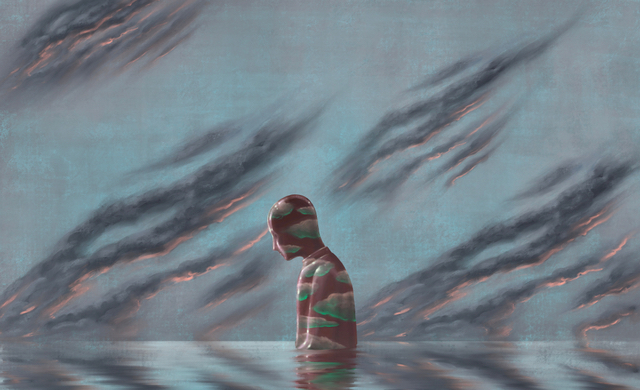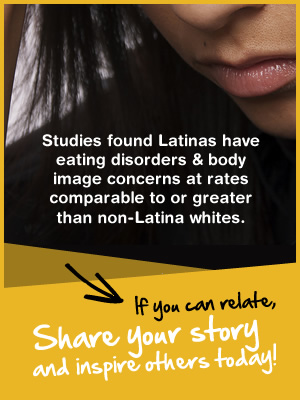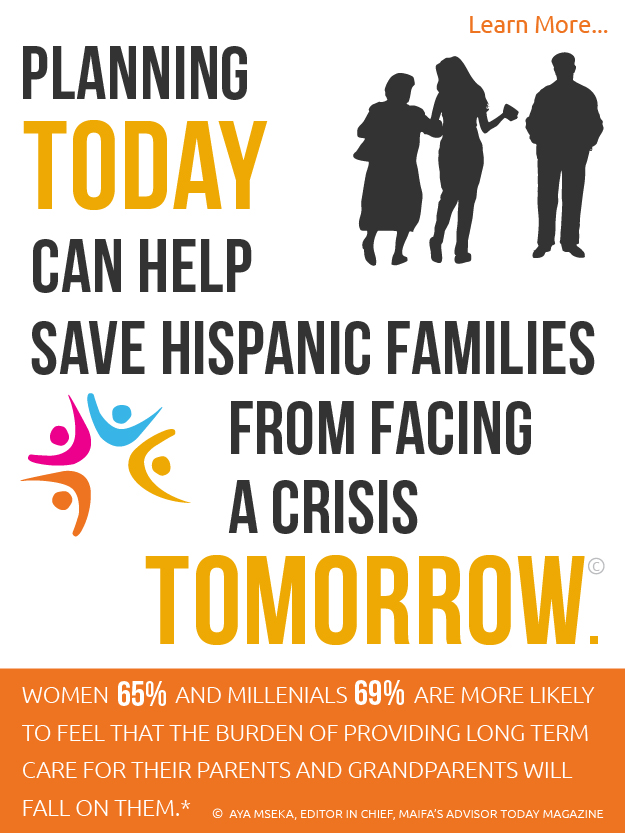
How loneliness could be changing your brain and body
07/18/2020 06:00AM | 3634 viewsA growing amount of research shows loneliness could be linked to a range of health problems.
People were already lonely before the coronavirus pandemic hit. Before COVID-19 stranded folks at home and made getting close to others an unnerving experience, researchers were realizing Americans were lonelier than ever.
A 2018 study from health care insurer Cigna found that 54% of 20,000 Americans surveyed reported feeling lonely. In the span of a bit more than a year, the number rose to 61%. Generation Z adults 18-22 years old are supposedly the loneliest generation, outpacing Boomers, Gen X and Millennials, despite being more connected than ever.
Loneliness has hit epidemic proportions, said Doug Nemecek, chief medical officer at Cigna.
More troubling: A growing body of research suggesting that being lonely for a sustained period of time could be bad for people's physical and mental wellbeing.
That same study from Cigna placed associated health risks on par with smoking and obesity.
An 2018 article in The Lancet described the situation like this: "Imagine a condition that makes a person irritable, depressed and self-centered, and is associated with a 26% increase in the risk of premature mortality."
But these are strange times. As a result of COVID-19, keeping distance from others is the safest way to stay healthy, despite the fact it could compound feelings of isolation. It's a new reason to consider how loneliness can impact everything from your brain, to your heart, to your immune system.
Why we get lonely
Loneliness might conjure images of being apart from friends and family, but the feeling runs much deeper than not having plans on a Friday night or than going stag to a wedding. Evolutionarily, being part of a group has meant protection, sharing the workload and increased odds of survival. After all, humans take a long time to mature. We need our tribes.
"It's very distressing when we are not a part of a group," said Julianne Holt-Lundstad, professor of psychology and neuroscience at Brigham Young University. "We have to deal with our environment entirely on our own, without the help of others, which puts our brain in a state of alert, but that also signals the rest of our body to be in a state of alert."
Staying in that state of alert, that high state of stress, means wear and tear on the body. Stress hormones like cortisol and norepinephrine can contribute to sleeplessness, weight gain and anxiety over extended periods of exposure, according to the Mayo Clinic.
The pandemic, Holt-Lundstad pointed out, is possibly the most stressful experience many people have had in their lifetime. Daily life has been upended, unemployment has skyrocketed and more than 6 million people around the world have been infected. Normally, immense challenges like those would have you seeking the reassurance and support of family and friends. But due to the nature of virus, people are at least more physically alone than ever, making it that much harder to cope.
Studying loneliness
Loneliness is something almost everyone can relate to, but scientists are still working to understand how and why it impacts health. One of the fundamental challenges of the research: Loneliness is a subjective feeling that can't really be measured. Not even the size of a person's social network can guarantee how lonely they are.
Holt-Lundstad said it's a matter of asking people how they feel in surveys, either directly (how often would you say you're lonely?) or indirectly (do you feel you lack companionship?).
NASA has been studying the effects of isolation and confinement on astronautsfor years, coming to some of the same conclusions as myriad other studies: Isolating conditions can lead to cognitive and behavioral issues. Elsewhere, though, researchers are looking at biological aspects of loneliness and how it physically affects the body.
That can mean looking at brains.
Researchers at the Rush Alzheimer's Disease Center in Chicago studied 823 older adults during a four-year period. They used questionnaires to assess loneliness, classifications of dementia and Alzheimer's disease, as well as tests of the participants' thinking, learning and memory, and assigned a loneliness score between 1 and 5. They found a person's risk factor for Alzheimer's increased 51% for each point on the scale.
Autopsies were performed on those who died during the study. Loneliness wasn't shown to cause the "hallmark brain changes associated with Alzheimer's disease, including nerve plaques and tangles, or tissue damaged by lack of blood flow." However, one researcher involved in the study, Robert S. Wilson, said loneliness could make people more vulnerable to the "deleterious effects of age-related neuropathology."
"Loneliness [can] be a good predictor of accelerated cognitive decline," said Turhan Canli, professor of integrative neuroscience at Stony Brook University.
How exactly loneliness links up with health issues isn't entirely understood. One idea, Canli said, is that if someone is lonely and feeling down on themselves, they might be less likely to take care of themselves. They might not eat right. They might drink too much, worry a lot, sleep too little. Habits like those can have longer-term effects.
Canli also talked about work he's been involved in with another researcher at the Rush Alzheimer's Disease Center, David Bennett, that explores how different genes are expressed in people who are or are not lonely.
Some 30 years ago, Bennett started a longitudinal study whose participants agreed not only to annual physical and psychological checkups, but to donate their brains when they died. Researchers looked at two regions of the brain related to cognition and emotion. They found genes associated with cancer, cardiovascular disease and inflammatory diseases expressed in those who were lonelier.
"There's actually a network of connections between these different genes by which they can affect each other," Canli said, "that might be an underlying genetic reason why these diseases might show up as a function of loneliness."
That's not to say loneliness causes heart disease. There's more research to do, including the role heritability plays in gene expression. Earlier work by a UCLA researcher named Steve Cole suggested one possibility -- that the release of certain hormones while under the stress of sustained loneliness could be activating certain genes linked to health issues.
"The subjective experience has to be translated somehow in the brain into biology, and so that's that's we're looking at now," Canli said.
Better understanding these relationships could one day influence therapies designed to treat patients.
The future of loneliness
Even as states are starting to relax lockdown orders and restrictions on restaurants, bars and other public places, the role social distancing could play in society is unknown. In April, Harvard researchers said intermittent social distancing could be necessary through 2022.
NASA astronaut Scott Kelly, who spent 340 days in space, wrote a piece for The New York Times in March, offering advice based on his experience. Kelly recommends keeping a journal, sticking to a schedule and getting a hobby.
Nemeck, from Cigna, noted that now more than ever, it's more important to check in on others and be open to having honest conversations about feelings of loneliness, while batting down stigma attached to the feeling.
"We need to reach out to some friends and make sure we maintain those connections and have meaningful conversations," he said. "It's important for all of us to be comfortable asking other people how they feel."











Post your Comment
Please login or sign up to comment
Comments